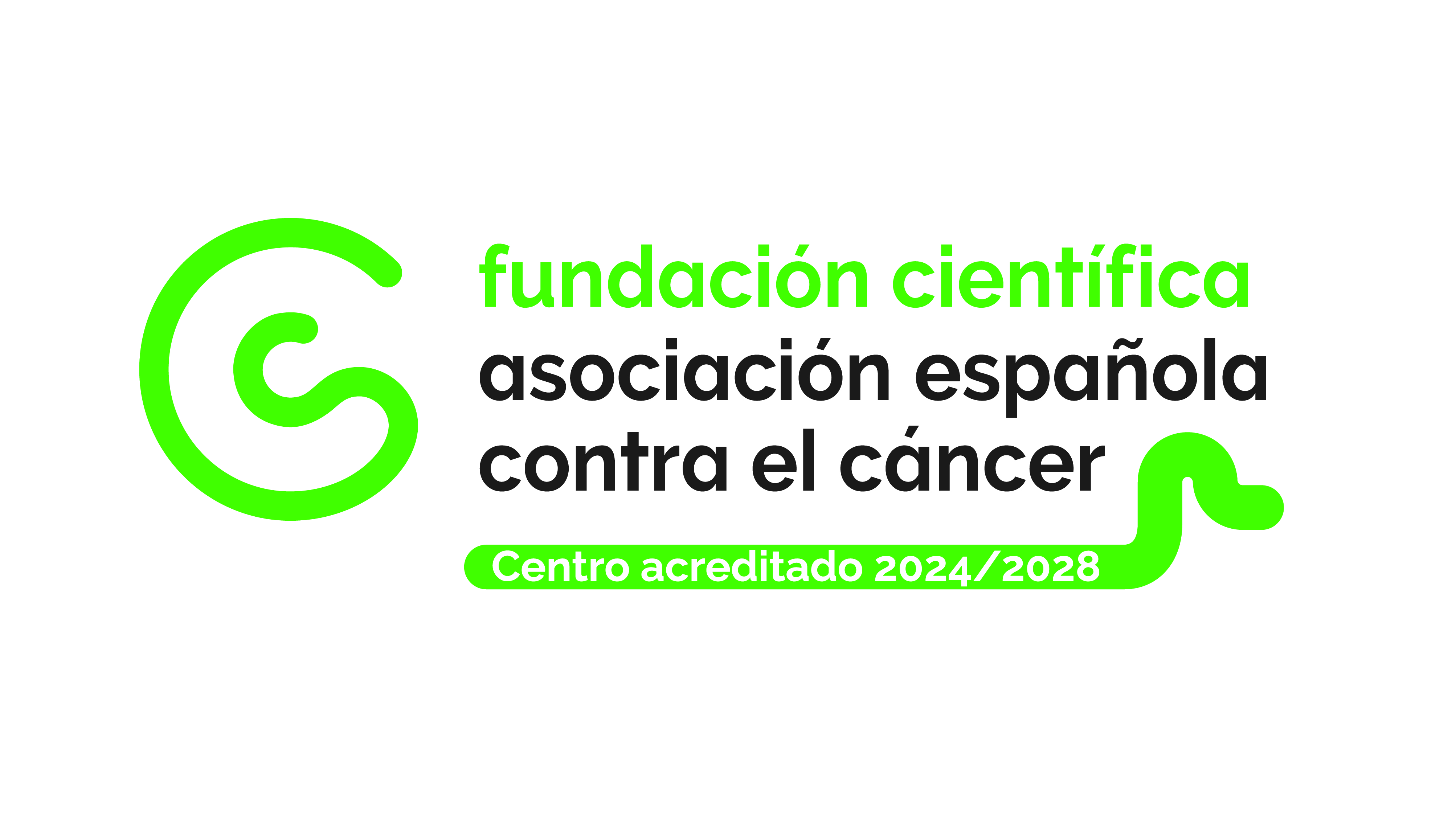Cód. SSPA: IBiS-A-12
The Group focuses on different lines:
- Infections and optimization of antimicrobials
Transversal training projects to improve the use of available antimicrobials, through new educational techniques and with the use of new technologies, both in hospital and primary care settings, as the consumption of antibiotics in it represents 90% of the total, and for the control of infections related to healthcare (IRAS).
Moreover, clinical trials are conducted to know how to better use available antibiotics, with Pharmacokinetic / Pharmacodynamic studies, and new protocols to evaluate the most efficient treatment duration.
The evaluation of the ecological impact of the optimization of antimicrobials is carried out to study the impact in health of a better use of antimicrobials. This evaluation is carried out through clinical and experimental indicators, and in vitro and in animal models.
The impact valuation is carried out by determining the amount of infections related to health care, mainly by multiresistant bacteria, and by Clostridium difficile, by determining the change in the diversity of the microbiota in patients.
- New antimicrobial treatments in infections by multiresistant bacteria
In this line, we perform projects to evaluate new antimicrobial treatments in infections caused by bacilli with different resistance mechanisms, such as Acinetobacter baumannii, Staphylococcus aureus, and beta-lactamases- and carbapenemase-producing Enterobacteriaceae (Escherichia coli and Klebsiella pneumoniae).
Pharmacokinetic / Pharmacodynamic studies to optimize the antimicrobial treatment of clinical infections caused by multiresistant bacteria.
Finally, studies in antimicrobials commonly used in the clinical practice, to evaluate their activity on bacteria with resistance mechanisms alone or in combination with other antimicrobials, as well as studies for the evaluation of new antimicrobials under clinical development are studied in vitro and in experimental infection models.
- Endovascular infections
Through this line, projects are carried out on epidemiological factors (nosocomial endocarditis, incidence in the elderly, evolution over time, etc.) in infectious endocarditis, relevant clinical aspects (development of ventricular failure, neurological complications, etc.), microbiological aspects (Staphylococcus, Enterococcus faecalis, Coxiella burnetii) and its therapeutic management medically and surgically.
Also in this line we explore the infections in cardiac electrical stimulation devices. Different projects in this line are carried out as coordinated studies with other Spanish research groups, mostly from the Spanish Research Network in Infectious Pathology (Carlos III Health Institute).
- Development of computational tools in the treatment of infections caused by multi-resistant bacteria
In this line, projects are being carried out to determine factors susceptible to interventions aimed at reducing mortality or the creation of an integrated platform of interoperable clinical and genomic data. Application of machine learning for the diagnosis and early treatment of sepsis and septic shock caused by multi-resistant micro-organisms, as well as the identification of genetic markers associated with bacterial virulence in strains isolated from clinical environments.















